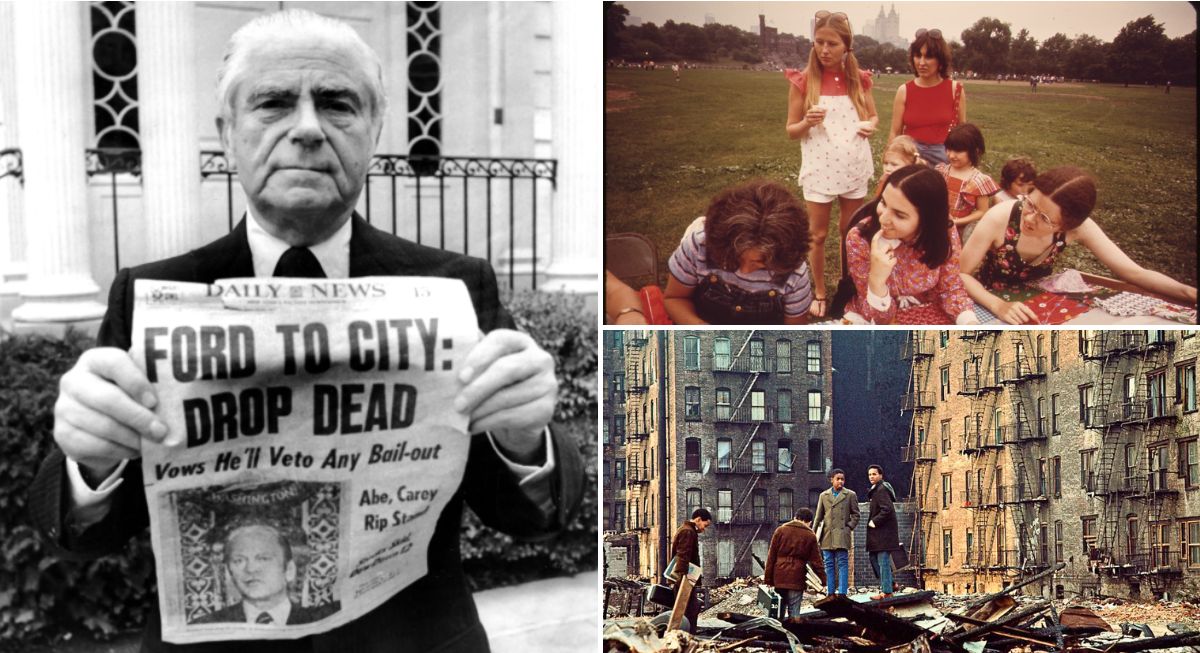Dying without a will, known as dying intestate, can lead to a series of unexpected and often unwelcome outcomes. Here are 17 possibilities that underscore the importance of having a will, even if you think you don't need one.
State Laws Take Over
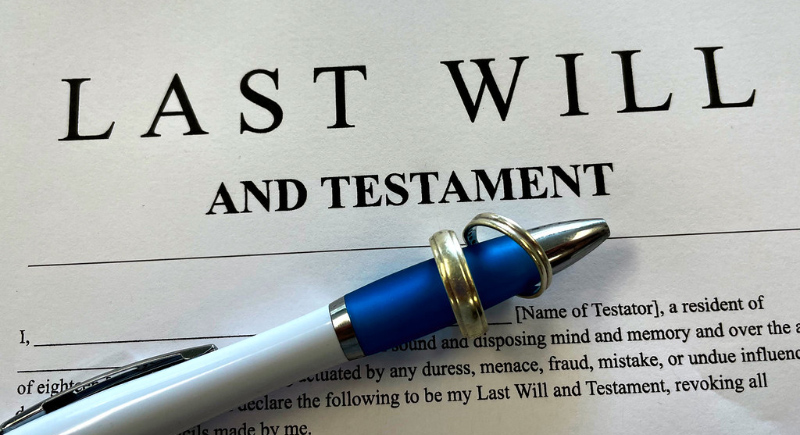
Credit: flickr
In the absence of a will, your estate falls prey to the generic, one-size-fits-all intestacy laws of your state, which may not reflect your personal wishes or family's needs. This impersonal process overlooks the unique dynamics and relationships that define our lives.
Complicated Family Dynamics

Credit: iStockphoto
Without a will to clarify the deceased's intentions, blended families or those with complex relationships can be thrust into contentious situations, fighting over assets and entitlements in a manner that can irreparably damage familial bonds.
Longer Probate Process
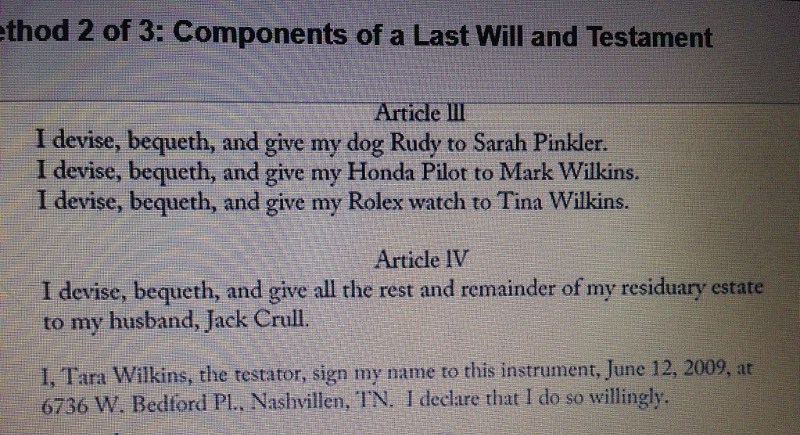
Credit: flickr
The probate court's task of deciphering your estate's distribution without a will is time-consuming and fraught with delays. These can freeze assets, hindering your loved one's ability to access what you've left behind when they most need it.
Guardianship Conflicts
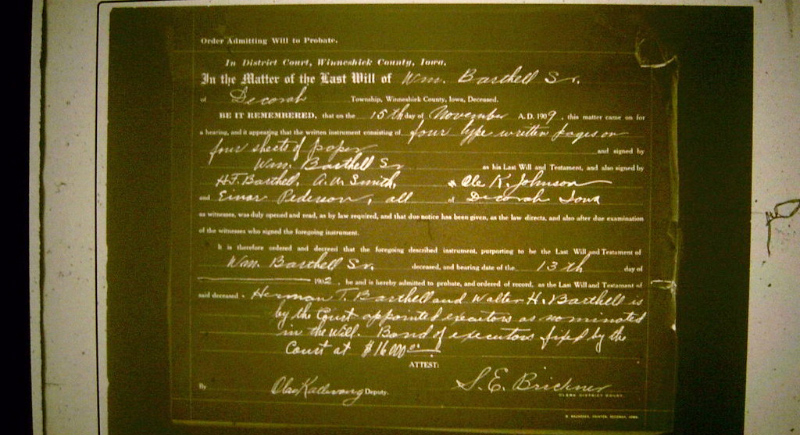
Credit: flickr
The court's selection of a guardian for your minor children might not align with your own choice, sparking disputes among relatives who may have differing views on raising your children.
Unintended Beneficiaries: Dying intestate can inadvertently benefit relatives you're estranged from or hardly know, diverting assets away from those who truly matter to you or are in need of your support.
Increased Legal Costs

Credit: pexels
The legal battles and extended probate process without a will can significantly drain your estate's finances, reducing the inheritance your beneficiaries receive and possibly leaving them with less than you intended.
Business Complications

Credit: pexels
Without clear instructions in a will, your business may face an uncertain future, affecting not just your family's wealth but also the livelihoods of your employees and the continuation of your legacy.
Charitable Intentions Ignored
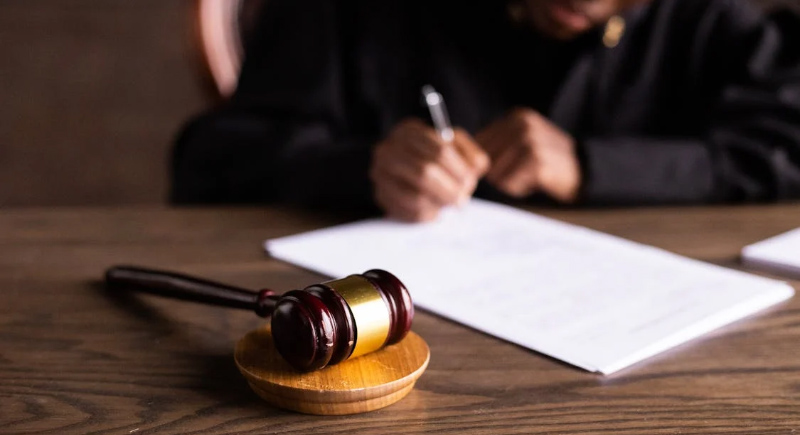
Credit: pexels
The opportunity to support charitable causes close to your heart is lost without a will, denying you the chance to make a posthumous impact and contribute to a greater good.
Lost Heirlooms

Credit: pexels
Sentimental possessions may never reach the hands of those who cherish them most, as the courts lack the insight to distribute personal items according to your sentimental wishes.
Partners Left Out

Credit: pexels
Unmarried partners are particularly vulnerable without a will, as intestacy laws do not recognize them as heirs, potentially leaving them without support or a home.
Property May Not Stay in the Family

Credit: pexels
In cases where no direct family can be found, your assets might revert to the state, stripping your distant relatives or friends of any potential benefit and severing your assets from personal connections.
Pets May Not Be Cared For

Credit: pexels
Your beloved pets' fate is left to chance without a will specifying a caretaker, risking their well-being and placing them in potentially unsuitable environments.
Scholarship and Memorial Fund Challenges

Credit: pexels
Establishing a scholarship or fund in your memory becomes an impossibility without a will to direct such a legacy, missing an opportunity to inspire and support future generations.
Jointly Owned Property Complications
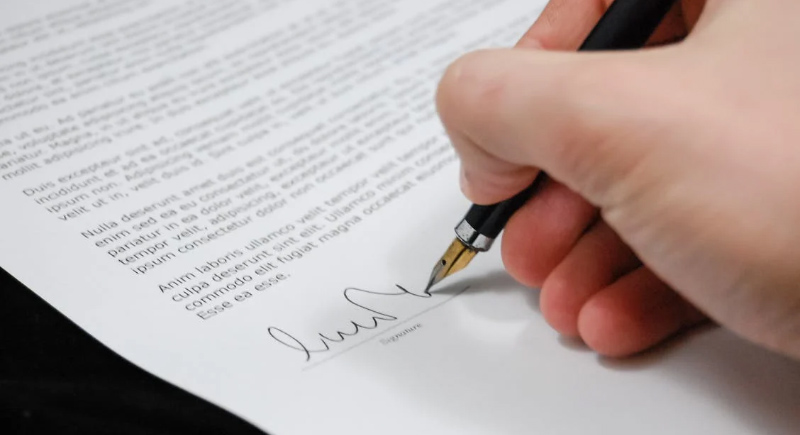
Credit: pexels
For jointly owned assets not covered by survivorship rights, the lack of a will complicates the distribution and can lead to legal disputes that tarnish relationships and diminish the asset's value.
Potential for Family Feuds

Credit: pexels
The ambiguity and frustration stemming from an intestate estate can ignite or exacerbate family disputes, creating rifts that might never heal and tarnishing your memory with conflict.
Digital Assets May Be Lost

Credit: flickr
Without explicit instructions, your online presence and digital assets—from social media accounts to cryptocurrencies—may become inaccessible or be permanently deleted.
Unexpected Tax Consequences

Credit: pexels
The lack of tax planning in a will can expose your estate to unnecessary taxation, significantly reducing the amount passed on to your beneficiaries and possibly undermining your family's financial security.



